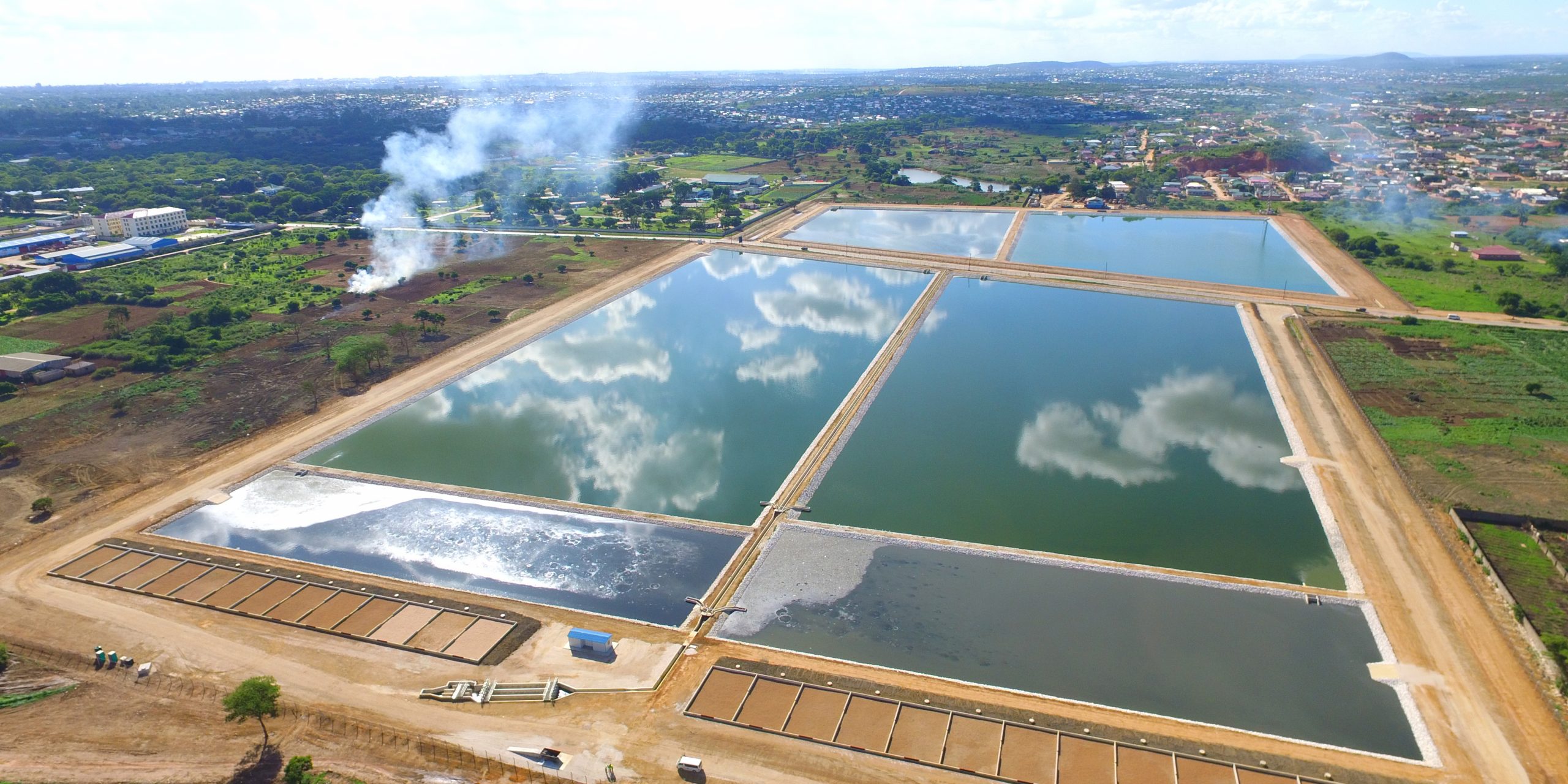
May 2020
Star Report
Zambia Compact
MCC partnered with the Government of Zambia to implement a $332 million compact designed to reduce poverty through economic growth. During compact development, MCC and the Government of Zambia determined waterborne illness and a lack of access to clean water to be key constraints to Zambia’s sustained economic growth. MCC’s large-scale investment focused on intensive water infrastructure investment and institutional strengthening. The compact aimed to build the government of Zambia’s capacity to effectively manage the water sector while fundamentally transforming this sector.
- Signed: May 10, 2012
- Entry into Force: November 15, 2013
- Compact End Date: November 15, 2018
What is the Star Report?
The Star Report provides a comprehensive and accessible assessment of MCC’s investments in a given country, builds on MCC’s longstanding commitment to results and accountability, and is a go-to resource for policymakers, think-tanks, NGOs, and businesses alike. While MCC has produced Closed Compact Reports in the past, the Star Report offers a more complete narrative—from initial country selection by MCC’s Board of Directors through final project evaluation—and highlights investment objectives, partnerships, policy reforms, results, and lessons learned.
-

MCC partnered with Zambia to implement a $332 million compact designed to transform Zambia’s water sector through infrastructure development and build the government of Zambia’s institutional capacity to manage this sector.
-
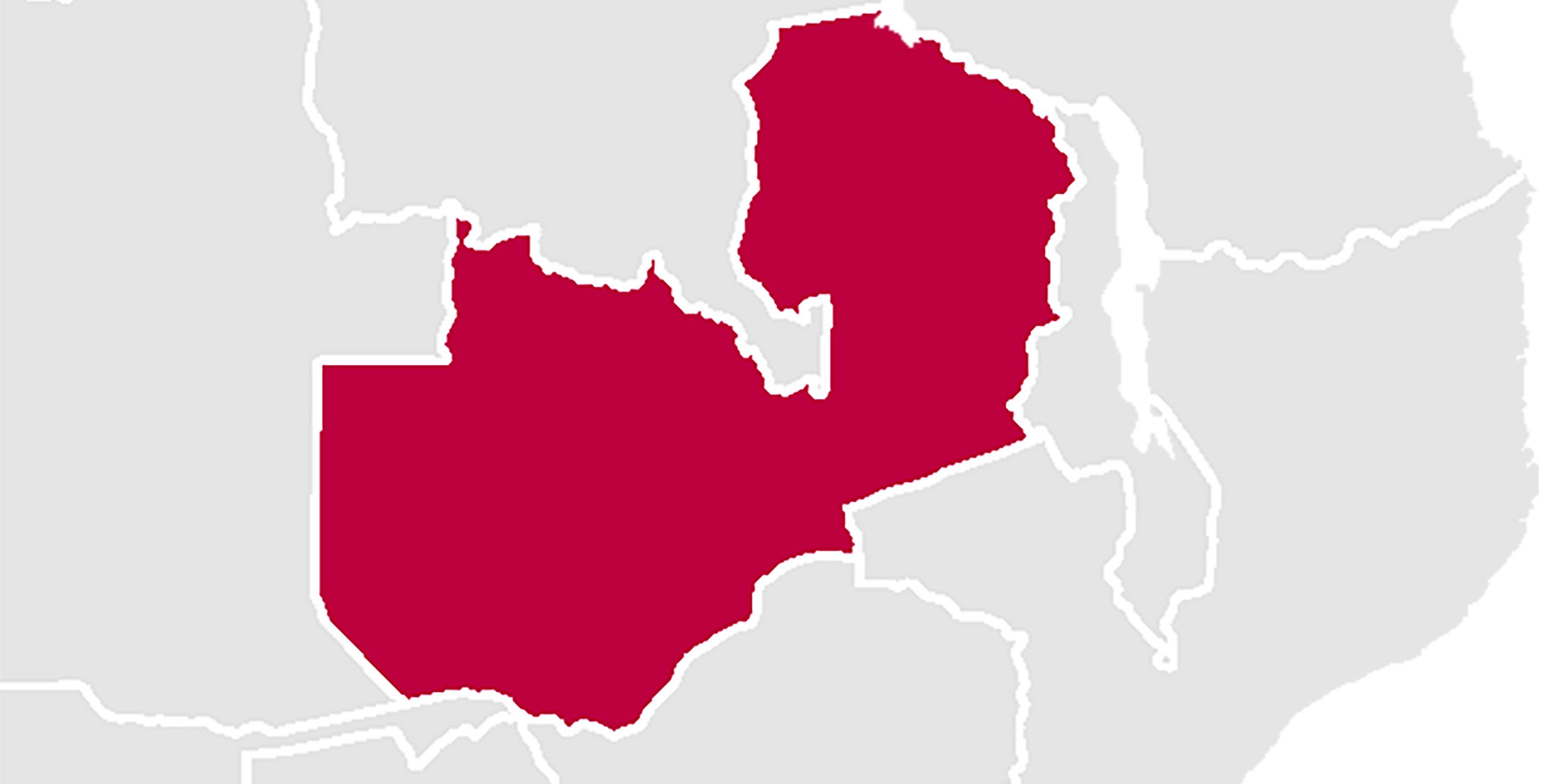
MCC and Zambia determined that clean water access was a major constraint to growth. Inadequate water infrastructure was responsible for this constraint.
-

The Infrastructure Activity sought to improve the availability of clean water and reduce waterborne illness in Zambia. Investments in water supply, drainage, and sewage networks resulted in improved access to clean water.
-

The objective of the Institutional Strengthening Activity was to help the Government of Zambia provide water-related services, establish a sanitation system, and maintain compact investments.
-

The Innovation Grant Program aimed to support solutions to improve access to drinking water, enhance sanitation and hygiene, provide household water and sanitation financing, and manage garbage in poor Lusaka communities.
-
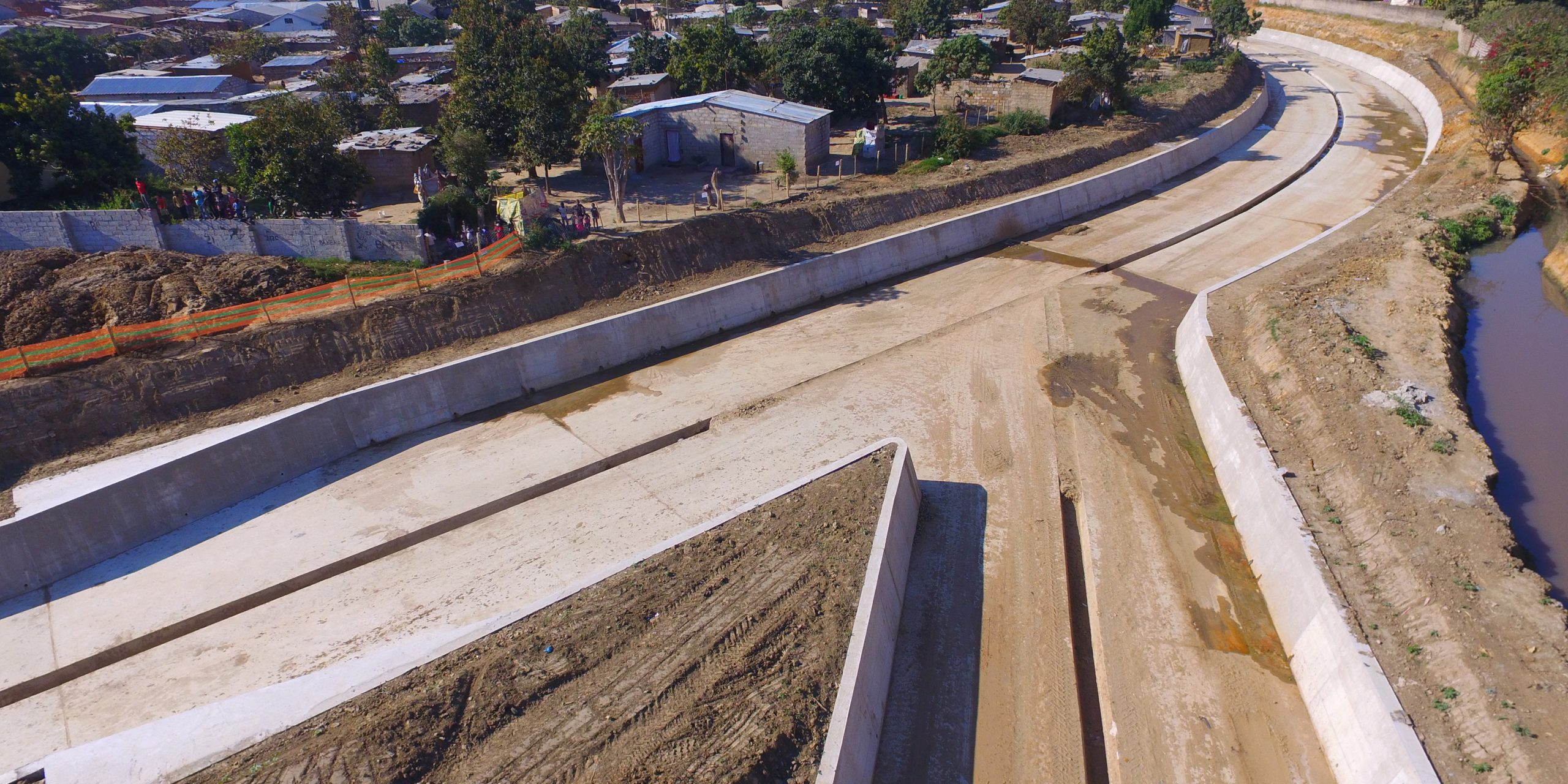
The Zambia Compact strengthened the nation’s water sector—building water infrastructure, and establishing conditions precedent and institutional strengthening to drive and sustain this sector.
-
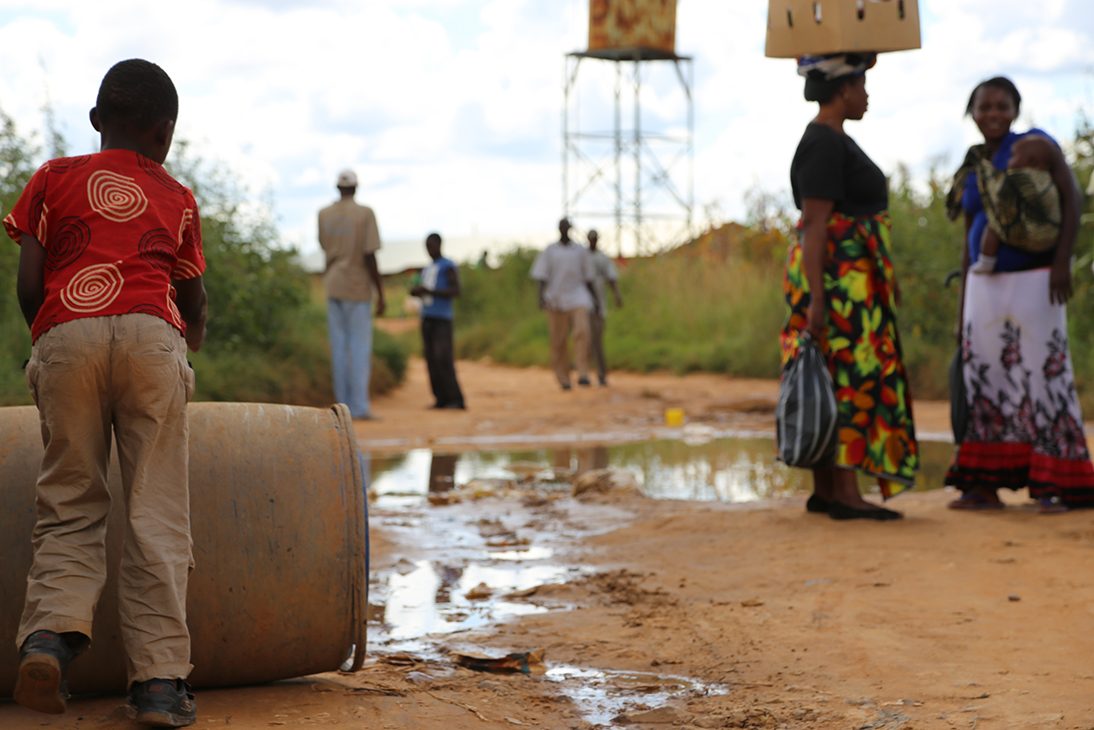
Changes made to Zambia’s Compact included the construction of a drainage extension and two bridges to mitigate flooding, the resettlement of a larger number of people, and a decreased—but more realistic—target for the rate of sanitation connections.
-

MCC partnered effectively with the Government of Zambia to create government infrastructure for overseeing water management. MCC funded a master plan to coordinate donors investing in water.
-
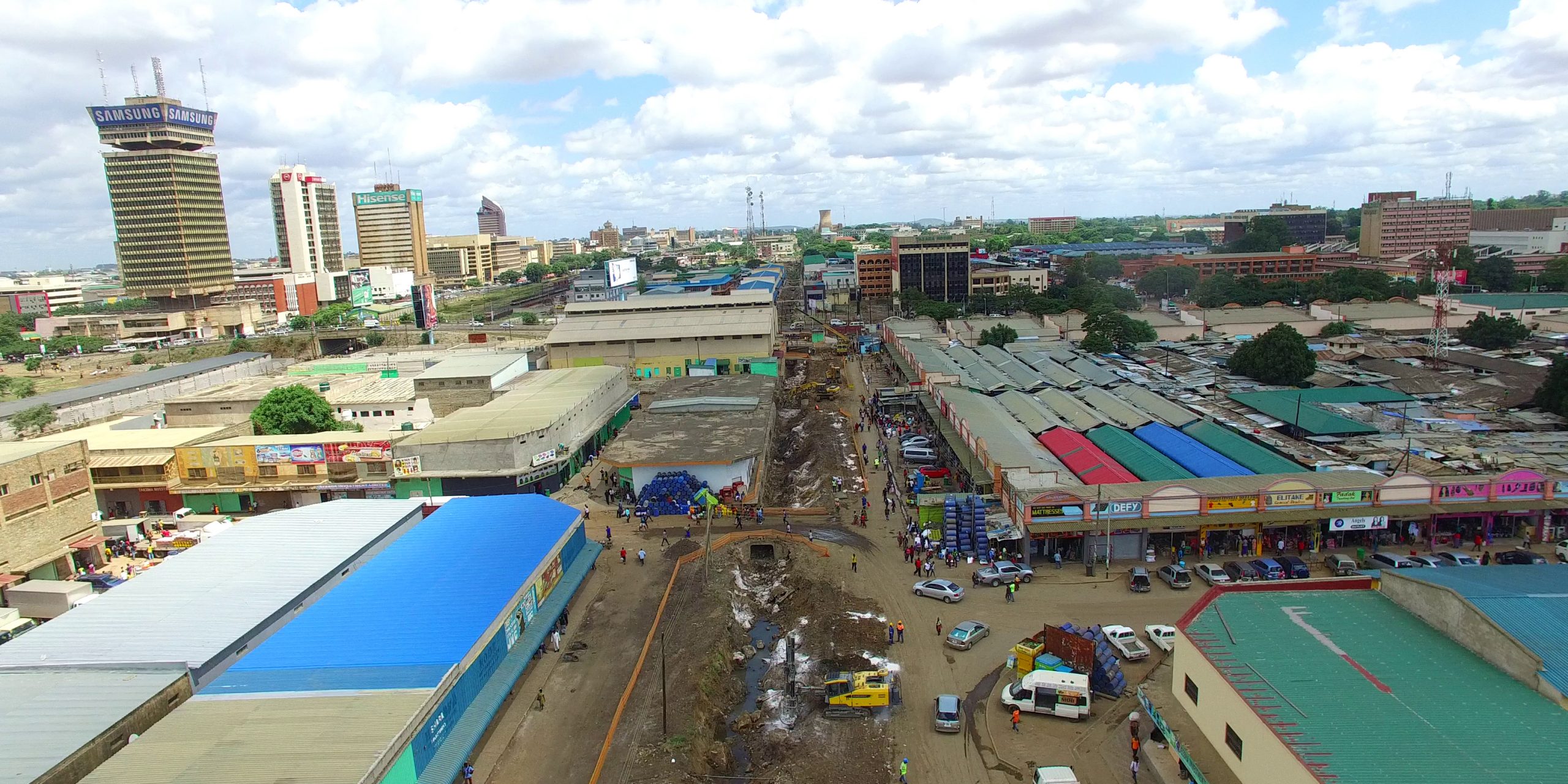
The Zambia Compact included critical policy and institutional reforms focused on water financing, some of which were met and some of which were deferred.
-

The Government of Zambia established and funded a Millennium Project Completion Agency to continue the work on water infrastructure. MCC and MCA made a sustained push to establish a new Solid Waste Management Company and set it up for success after the compact.
-
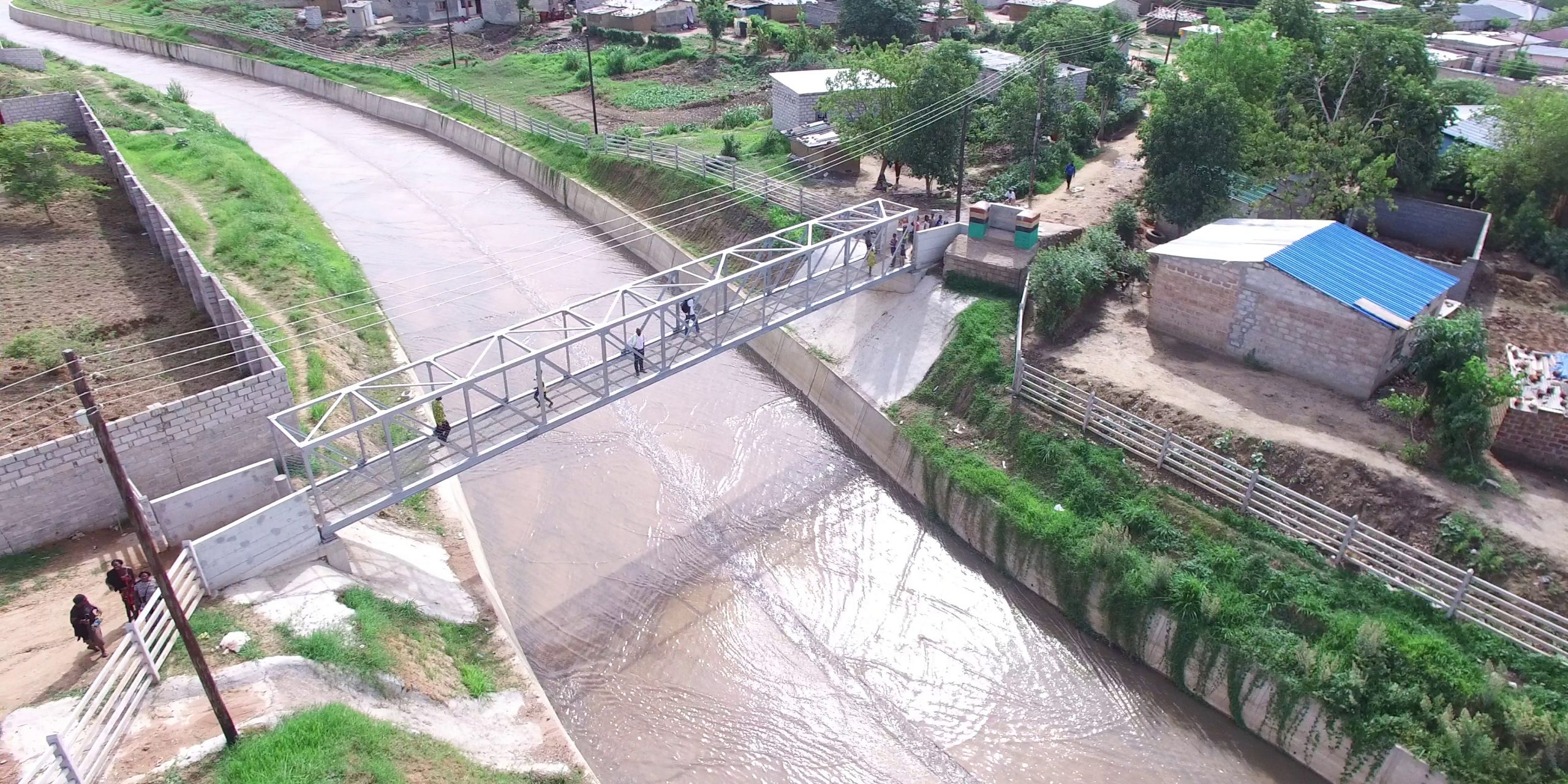
It is critical to the success and sustainability of the compact to work well with implementing entities. Attention should be paid to hiring, funding, incentivizing, coordinating with, and holding to account these entities.

